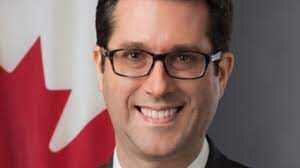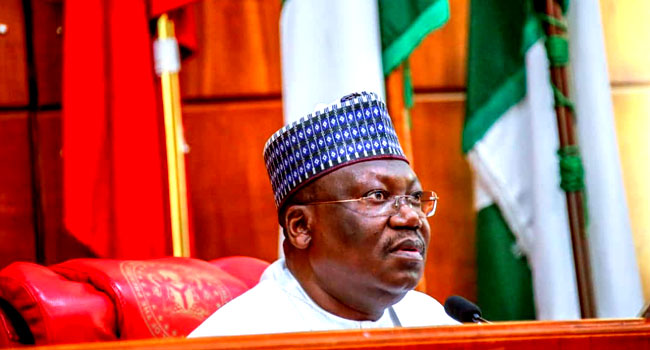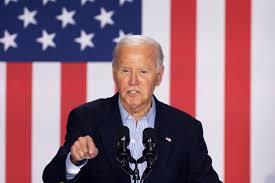Abuja, Dec. 3, 2024 – The current tax and fiscal policy reforms are to streamline tax administration in Nigeria and make the operating environment conducive for businesses.
The Presidency said this on Monday in a statement issued by Bayo Onanuga, the Special Adviser to the President on Media and Strategy.
The statement was in reaction to criticisms that have trailed the new tax reform bill since it was submitted to the National Assembly.
The presidency said businesses, investors, and private sector players in Nigeria had been complaining of being overburdened by a myriad of taxes and levies for decades
“Multiple taxes complicate the economic environment, making Nigeria uncompetitive for investment and preventing many businesses from growing or continuing their operations.
“Some companies have had to make the rational decision to relocate to other countries.
“We cannot continue on this path or wait for 20 years if this country is to deliver the prosperity we need for our people,’ it said.
The presidency denied allegations that the proposed tax reforms would make a section of the country richer than the others.
The statement described such reactions as unfounded and based on misinformation.
“The tax reform bills will not make Lagos or Rivers states more affluent than others, nor will they impoverish any region,” it said.
The Presidency also denied that the tax reform proposal was to scrap government agencies like TETFUND and NITDA, but said it would only change how they are funded.
“Contrary to the lies being peddled, the bills do not suggest that NASENI, TETFUND and NITDA will cease to exist in 2029 after the passage of the bills,”
“Government agencies, such as NASENI, TETFUND, and NITDA, are funded through budgetary provisions with company income tax and other taxes paid by the same businesses that are being overburdened with the special taxes.”
“The proposal was only seeking to consolidate some of the earmarked taxes imposed on companies and replace them with a single tax to be shared with the key agencies as beneficiaries in a phased manner until 2030.
“The time frame offers ample opportunity for the affected agencies to explore other funding sources in addition to budgetary allocations in line with the constitution and international best practices.
“It is a misrepresentation of facts to conclude that changing an agency’s funding source amounts to scrapping it.
“None of the countries leading globally in education, science, engineering, or information technology have similar earmarked taxes.
“The government imposes major taxes, be it income tax, consumption tax, or other taxes, to channel resources to its areas of priority at the time.
“Imposing a separate tax to fund an agency is an aberration that has yet to yield results despite the huge burden on businesses. The tax bill seeks to address this problem.
“Relevant stakeholders and public analysts owe it a duty to properly educate themselves about the bills’ contents and avoid misleading the public for any reason.
“We may be entitled to our opinions, but such views must be informed and based on facts, not emotions targeted at inflaming passions,” the presidency said. (GBN)





